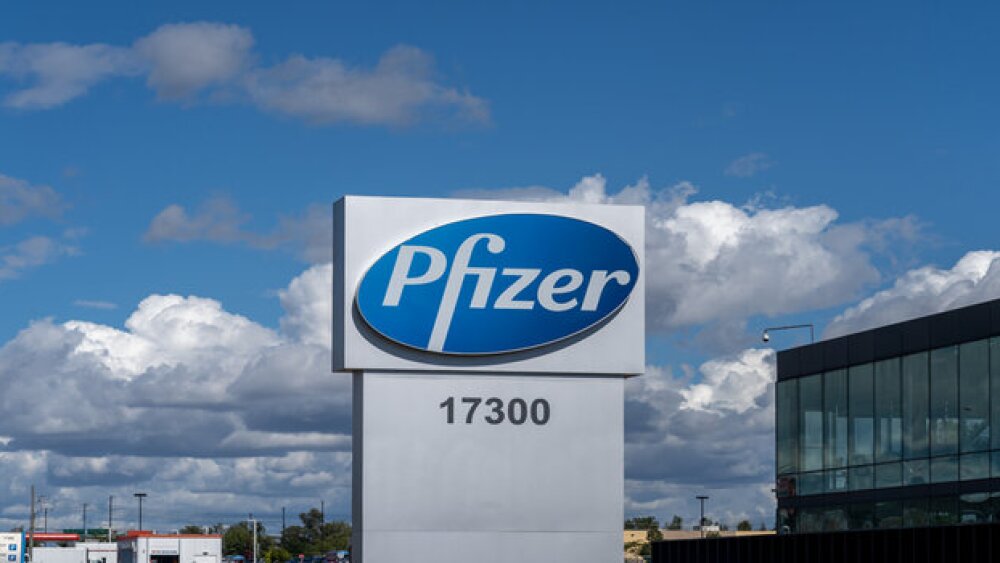SYDNEY, AUSTRALIA and SOUTH SAN FRANCISCO, CA--(Marketwired - April 24, 2017) -
| Highlighted Links |
SpeeDx |
Under the terms of the agreement, SpeeDx will submit the test to the FDA upon successful validation for use with the Applied Biosystems 7500 Fast Dx Real-Time PCR System to detect M. genitalium, a rapidly growing sexually transmitted infection (STI) that has developed significant resistance to first-line antibiotic treatment and threatens to become a potential "superbug." The announcement was made at the 27th European Congress of Clinical Microbiology and Infectious Disease (ECCMID) in Vienna.
The ResistancePlus™ MG Test is designed to identify both M. genitalium and mutations in the 23S rRNA gene of the bacteria that have been shown to confer resistance to azithromycin, a commonly prescribed macrolide-based antibiotic. The test has previously received a CE mark, accreditation by the Australian Therapeutic Goods Administration (TGA), and is now marketed across Europe, Australia and New Zealand.
"We developed our diagnostic test to answer the immediate need for detection and resistance screening for this difficult to manage STI," says Colin Denver, CEO of SpeeDx. "With their reputation for scientific excellence, we are very pleased to partner with Thermo Fisher to bring this test to the U.S. market. Applied Biosystems qPCR instrumentation has a long-standing reputation for quality and a wide install base across the region."
M. genitalium can cause symptoms such as urethritis, cervicitis, endometritis and pelvic inflammatory disease. In recent studies, it has been found to have a higher prevalence than Gonorrhea. Like Gonorrhea, M. genitalium is also evolving into a so-called STI superbug that is becoming resistant to many antibiotic treatments, leading to exceedingly difficult-to-treat infections and threatening global public health.
Macrolide antibiotics, specifically azithromycin, are the first-line treatment for the rapidly growing problem of M. genitalium STIs, but resistance to these antibiotics has increased up to 40 percent in several countries.(1-3) This development led the European Guideline on M. genitalium infections last year to recommend complementing the molecular detection of M. genitalium with an assay capable of detecting macrolide resistance-associated mutations.(4) Currently, there is no FDA-cleared molecular diagnostic test for the detection of M. genitalium in the U.S. Such a test would provide valuable detection and antibiotic resistance information to clinicians in a rapid time frame.
"We are proud to be partnering with SpeeDx to enable them to bring their diagnostic test to the U.S. market," said Kim Kelderman, vice president and general manager, Genetic Analysis, at Thermo Fisher Scientific. "We are committed to working with diagnostic partners around the world who share our vision of driving better health outcomes by using precision medicine."
For more information on this announcement, please visit the SpeeDx (#97) and Thermo Fisher (#83) booths at ECCMID April 22-27.
About SpeeDx
Founded in 2009, SpeeDx is an Australian-based private company with offices in London and distributors across Europe. SpeeDx specializes in molecular diagnostic solutions that go beyond simple detection to offer comprehensive information for improved patient management. Innovative real-time polymerase chain reaction (qPCR) technology has driven market-leading multiplex detection and priming strategies. Product portfolios focus on multiplex diagnostics for sexually transmitted infection (STI), antibiotic resistance markers, and respiratory disease. Currently, SpeeDx markets the only CE-marked and TGA approved commercial molecular test for the STI M. genitalium (ResistancePlus™ MG) that combines detection of the disease with detection of markers for antibiotic resistance. For more information on about SpeeDx please see: http://www.speedx.com.au
About Thermo Fisher Scientific
Thermo Fisher Scientific Inc. is the world leader in serving science, with revenues of $18 billion and more than 55,000 employees globally. Our mission is to enable our customers to make the world healthier, cleaner and safer. We help our customers accelerate life sciences research, solve complex analytical challenges, improve patient diagnostics and increase laboratory productivity. Through our premier brands -- Thermo Scientific, Applied Biosystems, Invitrogen, Fisher Scientific and Unity Lab Services -- we offer an unmatched combination of innovative technologies, purchasing convenience and comprehensive support. For more information, please visit www.thermofisher.com.
1. Salado-Rasmussen K, Jensen JS. 2014. Mycoplasma genitalium testing pattern and macrolide resistance: A Danish nationwide retrospective survey. Clin Infect Dis 59:24-30.
2. Tagg KA, Jeoffreys NJ, Couldwell DL, Donald JA, Gilbert GL. 2013. Fluoroquinolone and macrolide resistance-associated mutations in Mycoplasma genitalium. J Clin Microbiol 51:2245-2249.
3. Getman D, Jiang A, O'Donnell M, Cohen S. 2016. Mycoplasma genitalium prevalence, coinfection, and macrolide antibiotic resistance frequency in a multicenter clinical study cohort in the United States. J Clin Microbiol 54:2278-2283.
4. Jensen JS, Cusini M, Gomberg M, Moi H. 2016. 2016 European guideline on Mycoplasma genitalium infections. J Eur Acad Dermatol Venereol. PMID: 27505296.
Contacts for SpeeDx:
USA:
Rick Roose
CoActive Communications
+1 415 202 4445
rick@coactivepr.com
Australia:
Andrew Geddes
SeedMedia Pty Ltd.
+61 (408) 677 734
andrew@seedmedia.com.au
Contact for Thermo Fisher Scientific:
Thermo Fisher Scientific
Mauricio Minotta
Director, Public Relations
+1 760 929 2456
Mauricio.minotta@thermofisher.com




